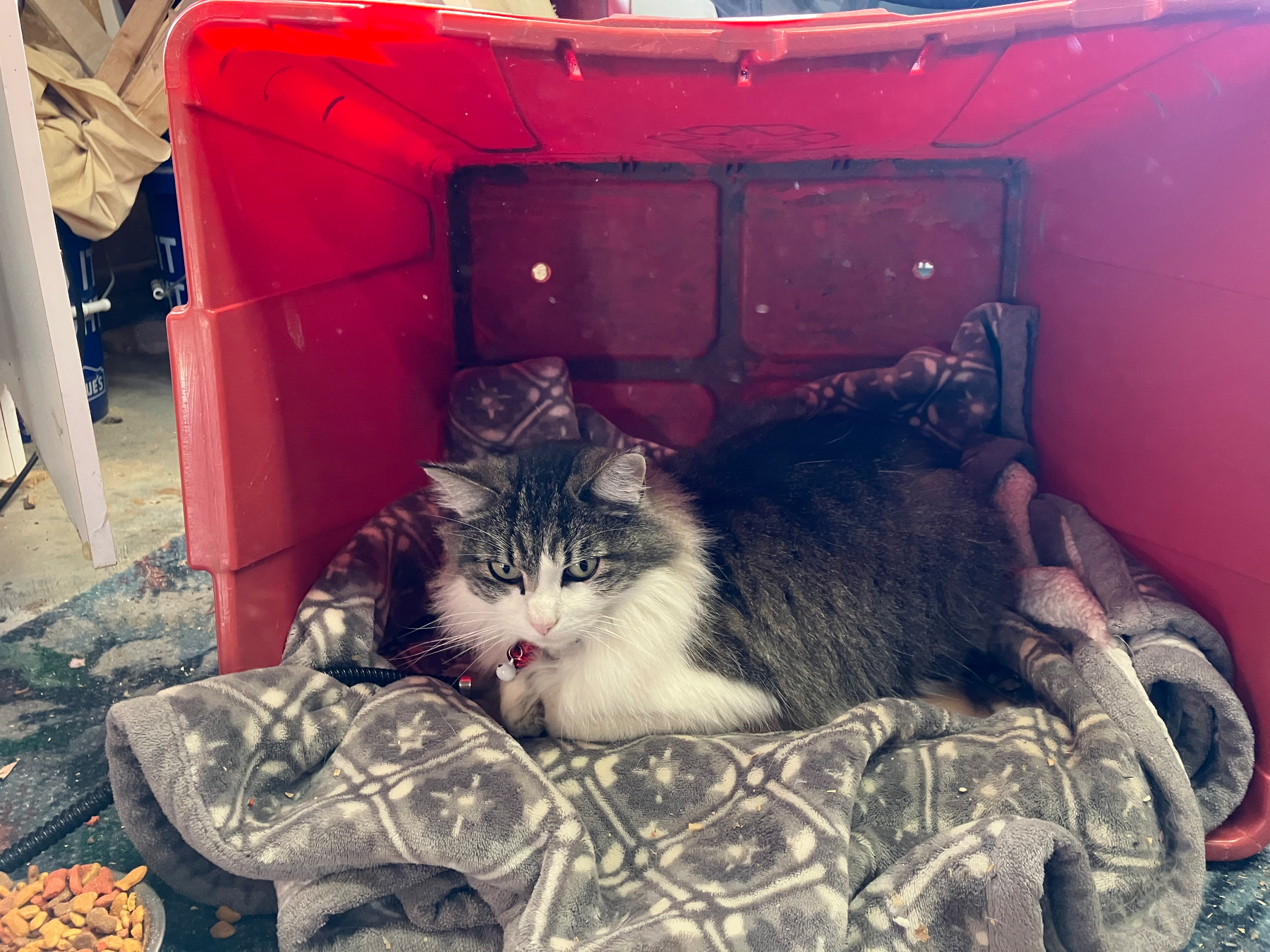Page 9 of 9
Scripting News: Sunday, December 7, 2025
A place to ask questions about all this stuff I keep writing about. #
A frequently asked question. How do we make this stuff work with Twitter, Bluesky, Mastodon, etc. Answer: we don't.#
Sometimes when I rewrite a blog post or email multiple times, it becomes hard to tell if it's actually better, or if it lost whatever spark was in that first quick draft.
Micro.blog iPhone and iPad folks, the latest TestFlight beta has several bug fixes to text editing layout, keyboard, and the share sheet nav bar. Think I've finally got some of those glitches under control. If you're not on the beta, you can join here.
06/12/2025
# When I started using the home page, the blog was moved to /blog/ and has been there ever since. This feels a bit unwieldy, so I started looking at options to simplify the URL structure.
I didn't want to move everything back to the root as that would get too messy. What were the alternatives?
There were already a number of redirects happening in .htaccess to ensure things worked. It made sense, therefore, to look at expending on this.
Having DirectoryIndex /blog/ in the root .htaccess causes the server to deliver the blog while keeping the address bar as showing the root. So, an address like /blog/?date=2025-12-06 becomes /?date=2025-12-06.
The rest came down to making sure all links and calls functioned correctly, and automatically removing /blog/ from URLs in post content – I just added a str_replace() in my content filter.
Everything looks to be working correctly but, if you find any issues, just shout.
Ralph, the garage cat

Meet Ralph, our garage cat. He started showing up a few months ago. His hair was terribly matted and had to be painful, so one day we caught him and shaved off the matted bits. He wasn’t happy about it, but maybe he appreciated it because he started showing up regularly, especially once we started feeding him.
As winter approached, we set him up with a bed and heated mat in the (detached) garage, plus a cat door so he can come and go as he pleases. We like having him around.
[Note] BBC Sports News (without the crap)
For the last few years I’ve been running a proxy of the BBC News RSS feeds (https://bbc-feeds.danq.dev) that strips out duplicate content, non-news content, and (optionally) sports news.
This weekend, for the first time, somebody asked if it could produce an edition that included only the sports content. Which turned out to be slightly more difficult, because it’s the kind of scope-creep that my “uninterested-in-sports-news” brain couldn’t conceive that anybody would want! But I got there in the end.
If anybody’s looking for their fill of “BBC News Feeds… But Better!”, give it a look.
🥰 You're reading this post via the RSS feed. That makes you one of the best people on the Internet! 🏆


